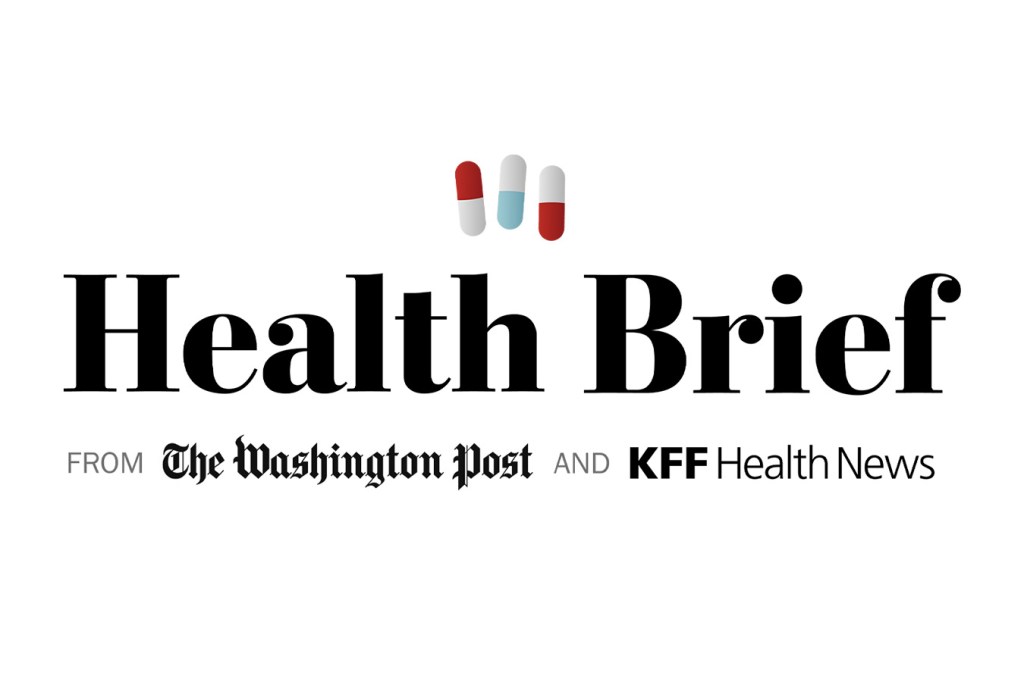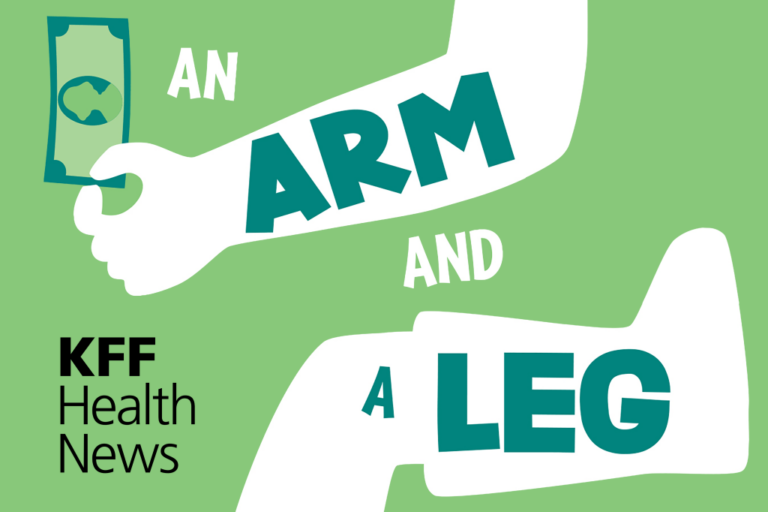How Two States Reveal a Deeper Divide on Insuring Kids’ Health
Arizona and Florida lawmakers saw trouble ahead for children in 2023, with states slated — as the covid-19 pandemic waned — to resume disenrolling ineligible people from Medicaid.
So, legislators in both states voted to expand a safety net known as the Children’s Health Insurance Program, or CHIP, which covers those 18 and younger in families that earn too much for Medicaid.
Florida Gov. Ron DeSantis (R) and Arizona Gov. Katie Hobbs (D) signed the bills into law last year, giving their state Medicaid agencies the green light to apply to federal regulators to raise the family income limit for CHIP eligibility.
But while Arizona’s plan hewed to Biden administration policies, such as keeping eligible children enrolled in CHIP even with unpaid premiums, Florida’s proposal ignored those coverage protections; the state has removed at least 22,000 children from CHIP for unpaid premiums since the rule banning such disenrollments took effect Jan. 1.
Clearly, there is a divide, said Jennifer Tolbert, deputy director of KFF’s Program on Medicaid and the Uninsured. “It simply may be between the policies of the Trump administration and the Biden administration.”
These differences are also evident in the context of the 2024 presidential election. Former president Donald Trump has suggested he is open to cutting federal assistance programs if elected to a second term, while the Biden administration has taken steps to make it easier for low-income Americans to keep their health coverage.
The flexibility for states to design different CHIP programs is a big reason Republicans and Democrats have supported the federal initiative since 1997, when it was signed into law, Tolbert said.
But how Arizona and Florida have handled CHIP premiums underscores key ideological differences on the government’s role in subsidizing health insurance for children.
The Sunshine State ultimately sued the Biden administration over its unpaid premium policy, but U.S. District Judge William Jung dismissed the case May 31, saying the matter was up to federal regulators to decide.
Sara Lonardo, a spokesperson for the federal Department of Health and Human Services, said in an email that the Biden administration says the law requires states to give children in CHIP the same coverage protection as kids in Medicaid — continuous enrollment for 12 months, even if the premium is not paid.
“No eligible child should face barriers to enrolling in CHIP or be at risk of losing the coverage they rely on to stay healthy,” Lonardo said.
However, Florida officials have said on social media and in legal filings that the state’s CHIP plan is “a bridge from Medicaid to private insurance,” intended to get families used to premiums, cost sharing and the risk of losing coverage when they miss a payment.
Research shows the cost of premiums can block many families from obtaining and maintaining CHIP coverage even when the cost is low.
“Premiums are more about an ideological belief that families need to have skin in the game, rather than any practical means of paying money to support the program,” said Matt Jewett, director of health policy for the Children’s Action Alliance of Arizona, a nonprofit that promotes health insurance coverage for kids.
DeSantis’s office, Florida’s Medicaid agency and Florida Attorney General Ashley Moody’s office did not respond to questions about CHIP — or if Florida will appeal the court decision.
This article is not available for syndication due to republishing restrictions. If you have questions about the availability of this or other content for republication, please contact [email protected].




